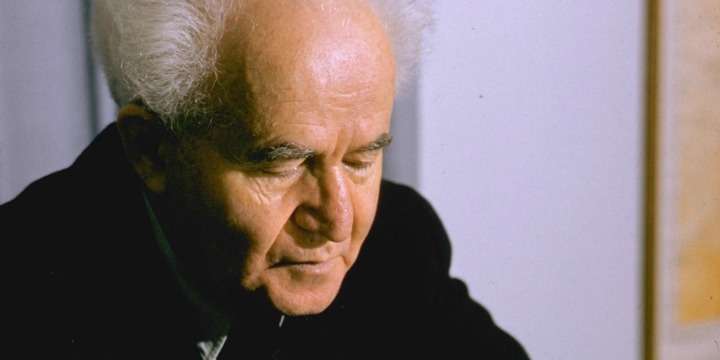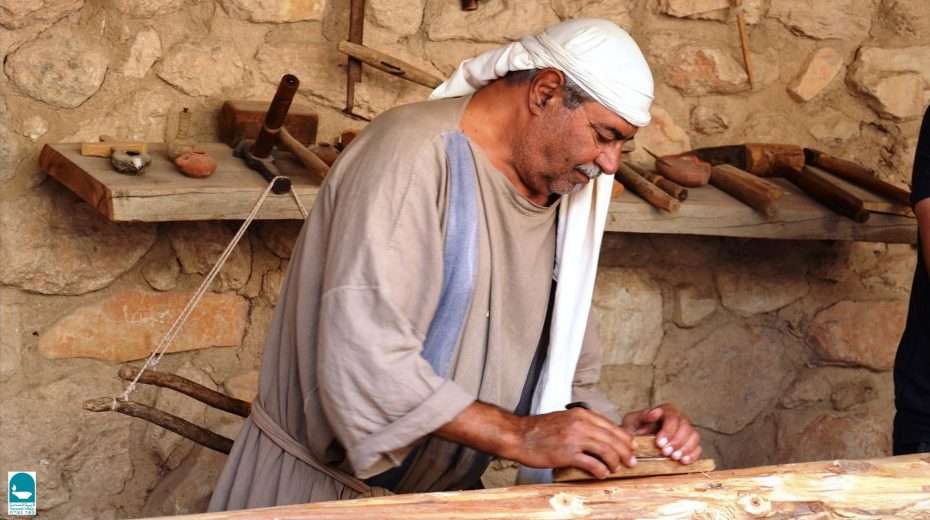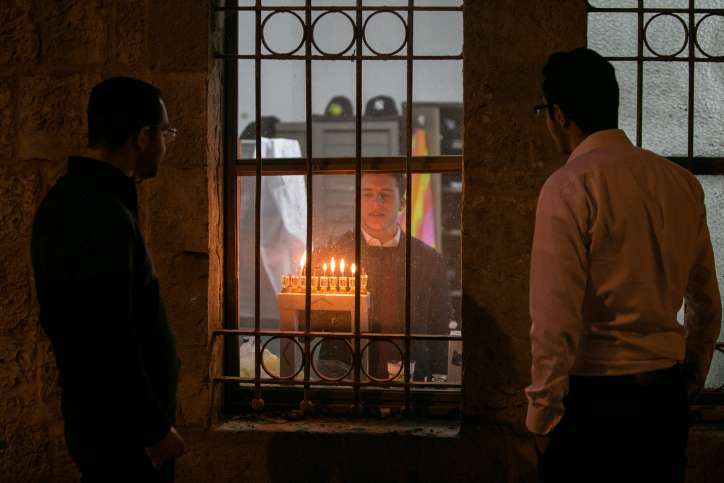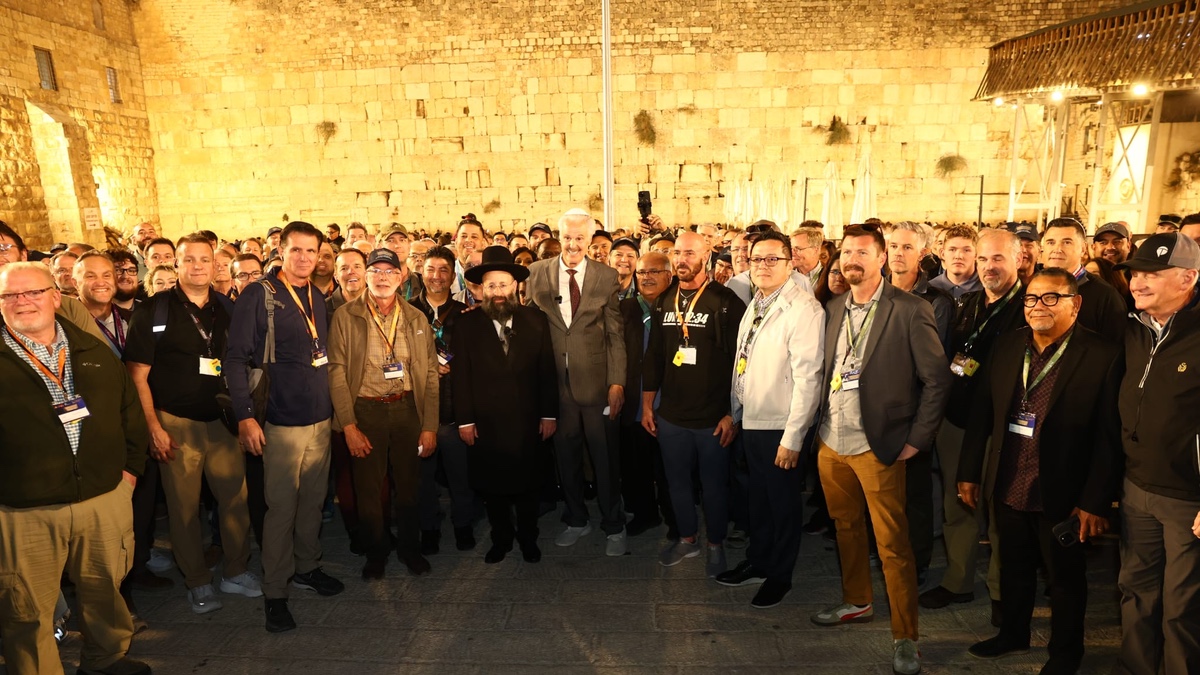Prime Minister Benjamin Netanyahu’s new right-wing government is posed to reinstate Hebrew Bible studies into Israel’s senior high schools.
Author - David Lazarus
David is a Jewish Israeli Yeshua (Jesus) believer and has been a teacher/communicator of the Jewish roots of the New Testament for more than 35 years. He has traveled to over 25 nations teaching on the Hebrew Scriptures and Israel. David served on the Steering Committee of Israel’s National Hebrew-Speaking Pastors Conference defining and communicating relevant issues affecting local Messianic congregations in Israel as well as organizing and teaching conferences for Messianic Jewish and Christian leaders around the world.
After serving as a Combat Medic with an IDF Tank Battalion in the First Lebanon War, David went on to earn university degrees in Biblical Studies, Communications and Journalism. Together with his wife Michaella they served as Senior Leaders of the Hebrew-speaking Beit Immanuel Congregation in Jaffa, Israel since 1987.
David and Michaella have four married children and a growing generation of grandchildren.
More articles from David Lazarus
The Children of Israel are trapped in foreign nations and need to come home.
Does it feel like the new technologies are robbing you of your ability to relate to your family, your faith communities, and your nation? It’s time to have a real talk.
Israel’s first prime minister was fully aware of the prophetic importance of Israel’s rebirth, and the need to teach that to future generations
An in-depth look at the birth of the modern Messianic Jewish movement when a group of rabbis find Jesus by exploring Scripture.
Part 2 in our exciting new series taking you through the “World of the Bible” to better understand the setting and lessons of Scripture.
In Part 2 of our look at “The Mystery of the Olive Tree,” we examine the relationship between Israel, the Church and Messianic Jews
We’re witnessing the undoing of 2,000 years of Jewish rejection and animosity towards Jesus, a miracle by any estimation
The moral challenge of wielding the invasive power of advertising.
Another Hanukkah miracle may be just around the corner if only we could believe and allow God’s light to keep warming our hearts and shining through us.


















